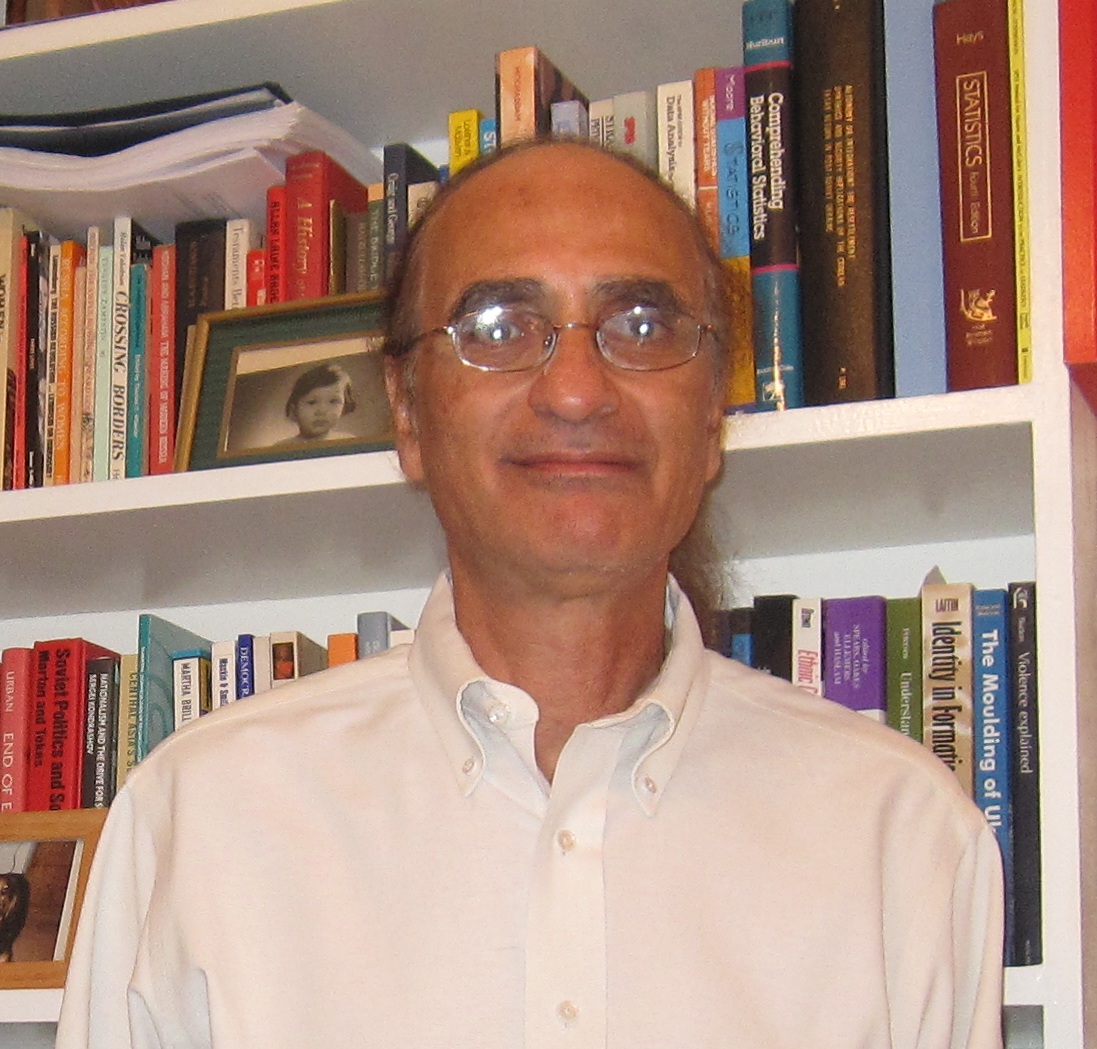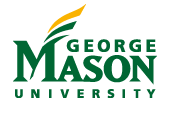
Ilhan M. Izmirli, Ph.D. |

Dr. Ilhan Izmirli's Personal Website
| Home | Memberships | Teaching Philosophy | Biography | Research Interests | Honors & Awards | Books | Publications | Presentations | Book Reviews | Courses Taught | Personal Interests |

| Home | Memberships | Teaching Philosophy | Biography | Research Interests | Honors & Awards | Books | Publications | Presentations | Book Reviews | Courses Taught | Personal Interests |

Ilhan M. Izmirli, Ph.D. |
Research Interests:
My major research interests are mathematics and statistics education; philosophy of mathematics; philosophy of science; history of mathematics; relations between mathematics and other disciplines such as physics, philosophy, and music; and chaos theory. I have presented numerous papers on these and related topics in international conferences throughout the world.
In issues dealing with mathematics education, I hold the social constructivist point of view developed by Paul Ernest based on the radical constructivism of Ernst von Glasersfeld (1917-2010). I regard mathematics as a corrigible, fallible, and changing social construct, that is, a cultural product fallible like any other branch of knowledge. Presumed in this stance are two claims:
Social constructivism is the way to address these issues. Social constructivists make two assumptions:
- The origins of mathematics are social or cultural
- The justification of mathematical knowledge rests on its quasi-empirical basis.
These assumptions allow a social constructivist epistemology to be developed from the two principles of radical constructivism, which are given by von Glasersfeld as
- The assumption of realism: there is an enduring physical world, as our common-sense tells us
- The assumption of social reality: any discussion, including this one, presupposes the existence of the human race and language
(Glasersfeld, E. von. 1989. Constructivism in Education, in International Encyclopedia of Education (Supplementary Vol.). Husen, T. and N. Postlethwaite, Eds., Oxford: Pergamon Press, 162-163.)
- Knowledge is not passively received but actively built up by the cognizing subject
- The function of cognition is adaptive and serves the organization of the experiential world, not the discovery of ontological reality
With the added assumptions of the existence of social and physical reality these principles can now be extended to elaborate the epistemological basis of social constructivism:(Ernest, Paul. Social Constructivism as a Philosophy of Mathematics: Radical Constructivism Rehabilitated? http://people.exeter.ac.uk/PErnest/soccon.htm)
- The personal theories which result from the organization of the experiential world must fit the constraints imposed by physical and social reality
- They achieve this by a cycle of theory-prediction-test-failure-accommodation-new theory
- This gives rise to socially agreed theories of the world and social patterns and rules of language use
- Mathematics is the theory of form and structure that arises within language.
In my papers that embark upon philosophy of mathematics, I am, by and large, influenced by the Hungarian/British philosopher of mathematics Imre Lakatos (1922-1974), known for his theory concerning the fallibility of mathematics. The basic tenet of this approach, which is now referred to as quasi-empiricism, was developed in his 1976 book Proofs and Refutations: no theorem of informal mathematics is final or perfect. No theorem should be regarded as being ultimately true, only as one for which no counterexample has yet been found. Once a counterexample is found, the theorem will be adjusted, possibly in terms of the domain of its validity. It is via this incessant spiral of proofs and refutations that our mathematical knowledge accumulates.
In my work dealing with the philosophy of science I am mostly inspired by the epistemological anarchism of Paul Karl Feyerabend (1924-1994), an Austrian/American philosopher of science, who disseminated this concept in his books Against Method (1975), Science in Free Society (1978) and Farewell to Reason (1987). The term anarchism is intended to suggest the prevailing methodological pluralism (or epistemological pluralism), that is, the viewpoint that a variety of different epistemological methodologies are required to attain a full delineation of the world. Epistemological anarchism posits that there are no effective, informative, and exception-free set of rules regulating the progress of science or the evolution of knowledge. To claim that science can or should function according to universal, permanent, and predetermined rules is unviable; it is even insidious and detrimental to science itself (Against Method 1993 London: Verso). The purportedly scientific method does not have a monopoly on veracity or efficacy of results. Science should be treated as an ideology alongside other ideologies such as religion. To claim the preeminence of science is just as rigid, just as repressive, and just as unwarranted as any claim regarding the supremacy of any other ideology (Against Method 1993 London: Verso).